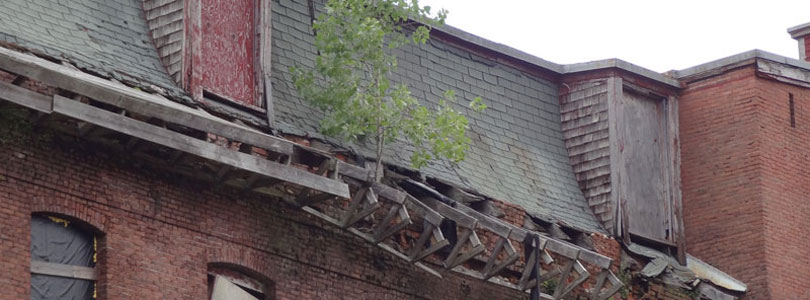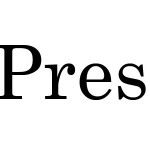Thoughts on Providence’s New Non-Utilization Tax
Because I looked into the concept when Democrat Governor Gina Raimondo attempted to corrupt it into a statewide tax on high-end vacation homes, the new “non-utilization tax” in Providence that Madeleine List describes in the Providence Journal caught my eye. The policy rationale from the city is to make it expensive to leave property deteriorating into blight:
“It is in the best interest of all Providence residents that we address the vacant and abandoned properties that negatively impact the quality of life in our communities,” Elorza said in a statement. “The non-utilization fee aligns with our EveryHome program by holding property owners accountable while encouraging them to rehabilitate properties into productive reuse. This powerful tool will help us to support stronger, more vibrant neighborhoods throughout the capital city.”
The legal rationale, as I explained my understanding back in 2015, is as follows:
With the nonutilization tax, the General Assembly of the 1980s was saying that doing nothing with land is essentially holding it for some other purpose, like an investment, which is a financial “use” that can be taxed separately from ownership.
While I can understand the impulse for this approach, I’m not a fan. Especially, in the city, people don’t just buy property to sit on it. If they’re not using it for some productive purpose, something is probably preventing them from doing so, and there are a range of policy solutions a local government could pursue.
[box type=”tick” style=”rounded”]Please consider a voluntary, tax-deductible subscription to keep the Current growing and free.[/box]
The problem is that the politics of our day create this us-versus-them mentality whereby politicians pledge to impose pain on those rich slumlords to get them to change their ways, rather than see the property owners as people who might be grappling with some problem… perhaps a problem that originates with the politicians. Maybe some tax is too high, making the property difficult to sell. Maybe the person just hasn’t thought of the property as a potential source of value. Maybe some special zoning plan could help somebody make use of the property while the other person owns it.
Or maybe — stop me if this sounds crazy — the local government could concentrate on getting out of the way of the economy so the property becomes valuable enough to prompt a sale.




